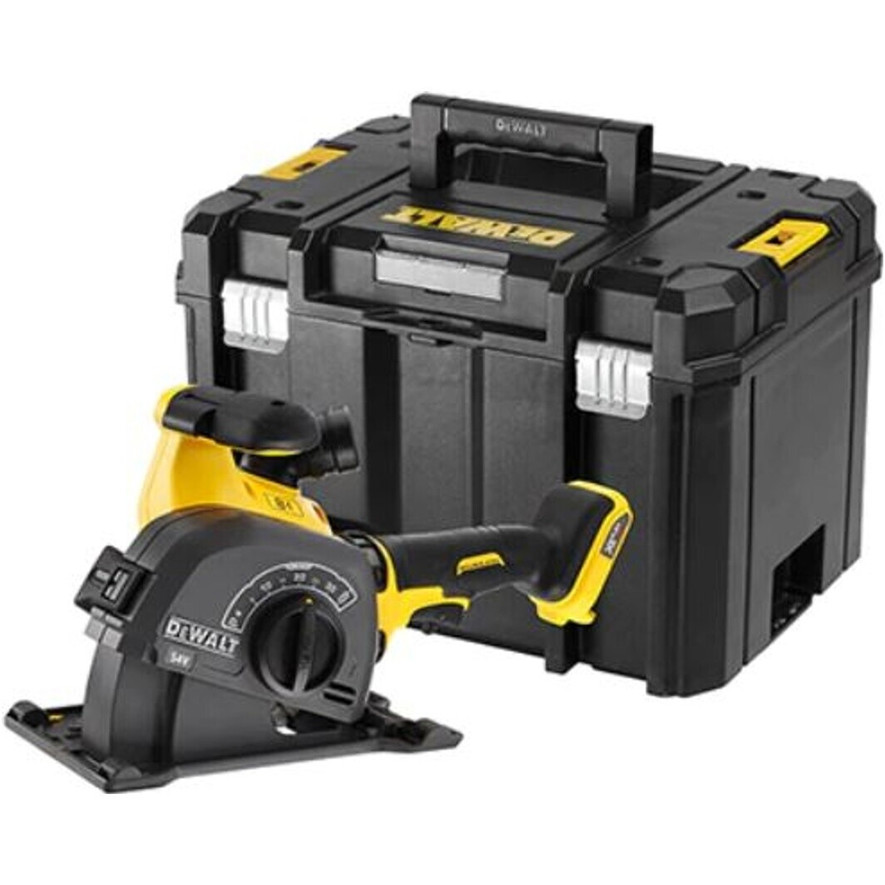Unlocking Efficiency: The Advantages of a Machine Set with 3 Batteries
In today's quickly advancing world, the combination of technology into our every day lives is important for efficiency and performance. One such advancement is using makers powered by multi-battery systems, particularly configurations using three batteries. This post aims to explore the numerous elements of a machine set with 3 batteries, revealing their benefits, applications, and factors to consider in terms of efficiency and maintenance.
The Basics: Understanding the Three-Battery Setup
Makers equipped with three-battery setups supply a range of functionalities. The style normally involves three similar or compatible batteries operating in tandem. Tischfräse Holz Kaufen can be linked in series or parallel, depending upon the particular requirements of the machine.
Table 1: Battery Configuration Options
| Setup | Meaning | Advantages |
|---|---|---|
| Series | Batteries linked end-to-end | Higher voltage output |
| Parallel | Batteries linked side-by-side | Increased capability and runtime |
How Does a Machine Set with Three Batteries Work?
The function of a machine set with three batteries can be explained succinctly. When aligned in series, the voltage increases, permitting the equipment to operate more potent systems, while parallel connections improve runtime by increasing the overall capacity.
Advantages of Three-Battery Systems
- Prolonged Runtime: Adding an additional battery can substantially extend the functional time of machinery, lessening downtime and improving performance.
- Improved Reliability: With three batteries, systems can continue to work even if one battery underperforms or breakdowns. This redundancy makes sure that the machine can still operate effectively.
- Versatile Power Management: Many machines benefit from numerous voltage and current requirements, which can easily be managed through a three-battery setup.
- Versatile Maintenance Options: The modular nature of having 3 batteries permits simple exchange and repair treatments without the requirement for complete system shutdowns.
- Sustainable Energy Usage: Machines utilizing 3 batteries can frequently integrate eco-friendly energy sources a lot more efficiently, such as through solar panels or wind turbines.
Table 2: Key Benefits of a Three-Battery Setup
| Advantage | Description | Impact |
|---|---|---|
| Extended Runtime | Longer operation without recharging | Minimizes downtime, increases efficiency |
| Improved Reliability | Redundant source of power that prevent failure | Enhanced rely on equipment operation |
| Versatile Management | Ability to meet varied power requirements | Personalization for specific operational requirements |
| Versatile Maintenance | Much easier battery swaps and repairs | Minimizes total maintenance costs |
| Sustainable Usage | Better integration with renewable energy sources | Ecologically friendly operation |
Applications of Machines with Three Batteries
Devices with three-battery setups are used throughout numerous markets, showcasing their adaptability:
- Electric Vehicles (EVs): Many EVs now feature three-battery setups to extend range and efficiency.
- Heavy Machinery: Construction and agricultural equipment typically rely on robust batteries to ensure trustworthy operation over long hours.
- Drones: Unmanned aerial cars utilize multiple batteries for enhanced aerial abilities and guaranteeing long-duration flights.
- Power Tools: Construction and DIY tools use three batteries to offer more power and extended usage periods.
- Solar-Powered Systems: Solar setups can use three-battery systems for improved energy storage capacity, ensuring adequate power throughout low sunshine conditions.
Table 3: Industries Utilizing Three-Battery Systems
| Market | Use Example | Key Benefits |
|---|---|---|
| Automotive | Electric automobiles | Prolonged range and performance |
| Construction | Heavy equipment | Long functional hours without downtime |
| Aerospace | Drones | Extended flight duration |
| Manufacturing | Power tools | Enhanced power output and runtime |
| Renewable resource | Solar energy systems | Enhanced energy storage and usage |
Considerations for Implementation
When incorporating a three-battery setup into existing machinery, a number of elements need to be taken into consideration:
- Compatibility: Ensure that the batteries are compatible with the existing equipment and systems.
- Charging Infrastructure: Evaluate the schedule of charging stations or requirements for quick charging.
- Weight: Consider the extra weight of three batteries, especially in mobile applications.
- Expense: Factor in the initial investment versus possible savings from increased performance and lowered downtime.
- Security: Implementing safety protocols is paramount when working with numerous batteries, especially in terms of storage and handling.
Table 4: Considerations When Implementing Three-Battery Systems
| Consideration | Description | Value |
|---|---|---|
| Compatibility | Suitable for existing equipment | Guarantees smooth combination |
| Charging Infrastructure | Availability of charging resources | Important for maintaining uptime |
| Weight | Added mass of 3 batteries | Affects mobility and operation |
| Cost | Financial implications of extra batteries | Evaluating ROI on enhanced effectiveness |
| Security | Handling and storage protocols | Secures both operators and devices |
Often Asked Questions (FAQs)
1. What is the primary advantage of using a three-battery setup?
The main benefit is the prolonged runtime and increased reliability due to additional battery capability and redundancy.
2. Are three batteries essential in all machines?
No, the need depends on the power requirements of the specific machine and the desired applications.
3. How do I maintain a three-battery system?
Regular maintenance mainly involves examining battery health, ensuring terminals are tidy, and monitoring charge levels.
4. Can I mix different battery brands in a three-battery setup?
It's not advisable to mix brands, as different batteries might have differing charge cycles and capabilities, resulting in imbalanced performance.
5. How do I understand if my system advantages from a three-battery setup?
Examining your machine's use patterns and power variations can indicate whether a three-battery setup may be useful.
Makers geared up with three-battery systems represent a development that enhances dependability, performance, and sustainability in numerous sectors. By comprehending how they operate and the benefits they offer, organizations can make educated decisions on integrating these systems into their operations. Whether for electric vehicles, heavy machinery, or power tools, a thoughtful method to adopting a three-battery machine set can result in considerable gains in performance and functional effectiveness.

